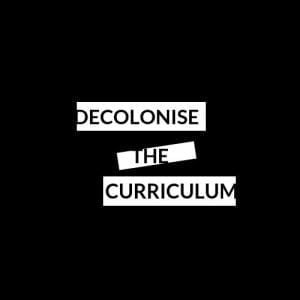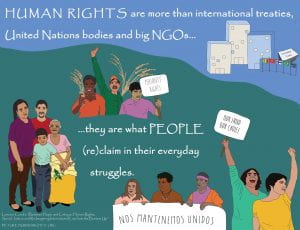By Professor Albert Sanchez-Graells, Co-Director of the Centre for Global Law and Innovation (University of Bristol Law School).
The Digital Constitutionalist (DigiCon) has recently hosted a symposium on ‘Safeguarding the Right to Good Administration in the Age of AI’, co-edited by Dr Simona Demková (Leiden), Dr Melanie Fink (Leiden) and Dr Giulia Gentile (Essex). Professor Sanchez-Graells contributed his thoughts on the need to extend good administration requirements to the phases of decision-making that are not yet directly relevant to the individual, as well as the need to broaden good administration guarantees to a collective dimension, to account for the new risks arising in the AI-driven administrative context. In this post, first published in the DigiCon symposium, Albert looks at ways to achieve this, whether through an expansive interpretation of Article 41 of the Charter of Fundamental Rights of the European Union or through a European legislative reform. (more…)





